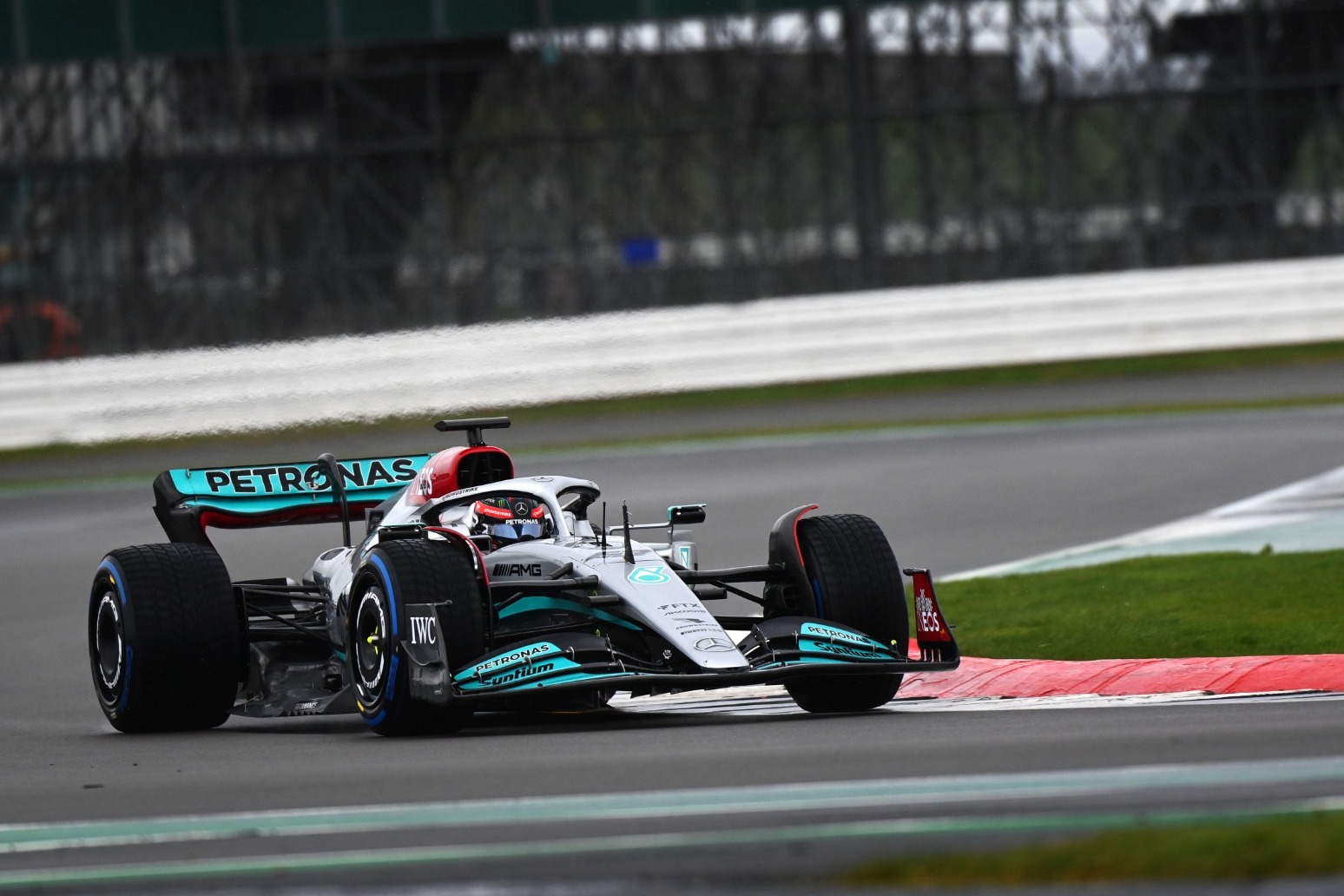
FIA vows to ‘reduce or eliminate’ porpoising on the advice of its medical team
Formula One’s regulator has vowed to “reduce or eliminate” porpoising on the advice of its medical team – just days after Lewis Hamilton suffered with severe back pain in the Azerbaijan Grand Prix.
Hamilton, 37, required assistance to get out of his Mercedes after his car bounced up and down at high speed throughout Sunday’s 51-lap race.
Mercedes ran their machines close to the ground in Baku to produce lower downforce.
But the move exaggerated the bouncing, and under the FIA’s new technical directive, Mercedes might be required to raise the ride height of their cars which could further slow them down.
A statement from F1’s governing body, released ahead of this weekend’s Canadian Grand Prix, read: “The FIA, as the governing body of the sport, has decided that, in the interests of safety, it is necessary to intervene to require that the teams make the necessary adjustments to reduce or to eliminate this phenomenon [of porpoising].
“The FIA has decided to intervene following consultation with its doctors in the interests of safety of the drivers.
“In a sport where the competitors are routinely driving at speeds in excess of 300km/h (186 mph), it is considered that all of a driver’s concentration needs to be focused on that task and that excessive fatigue or pain experienced by a driver could have significant consequences should it result in a loss of concentration.
“In addition, the FIA has concerns in relation to the immediate physical impact on the health of the drivers, a number of whom have reported back pain following recent events.”
Seven-time world champion Hamilton has received acupuncture and cryotherapy, a freezing chamber treatment, in order to combat his back problems. A number of other drivers – including Hamilton’s team-mate George Russell, Ferrari’s Carlos Sainz and McLaren driver Daniel Ricciardo, have expressed their concerns.
The statement continued: “A Technical Directive has been issued to give guidance to the teams about the measures the FIA intends to take to tackle the problem.
“These include closer scrutiny of the planks and skids, both in terms of their design and the observed wear, and the definition of a metric, based on the car’s vertical acceleration, that will give a quantitative limit for acceptable level of vertical oscillations.
“The exact mathematical formula for this metric is still being analysed by the FIA, and the Formula One teams have been invited to contribute to this process.”
Published: by Radio NewsHub